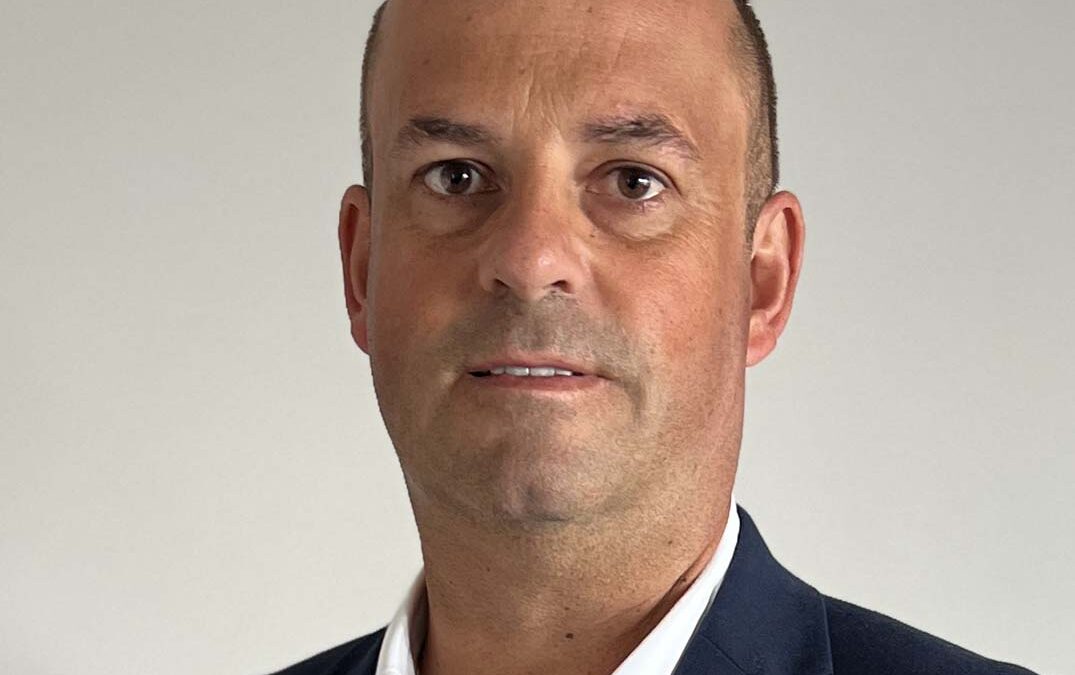Netscout Systems will participate in the Mobile World Congress (MWC) Kigali 2024 from 29 to 31 October in Kigali, focusing on educating delegates about its comprehensive solutions for the mobile sector, emphasising the importance of cybersecurity in light of new operational challenges faced by mobile network operators with the move to 5G-enabled broadband connectivity.
Bryan Hamman, regional director for Africa at Netscout, explains that the first current challenge for the market is a more distributed network perimeter, brought about by rapidly growing 4G and 5G data traffic, which in turn hinders visibility.
“Traffic is increasing over the network both internally, from IoT devices, gaming and expanded wireless service offerings, as well as externally, from sources such as botnets, heavy users and junk. This makes it exponentially harder to gain actionable visibility into traffic activity at scale, while also exposing users and devices to traffic that is potentially malicious.”
The second challenge, according to Hamman, is increasing activities and their related risks, such as the growth of fixed wireless access as a competitive alternative to wired broadband, and the proliferation of IoT. “The network is affected from a performance point of view and can be costly from a resource perspective.”
To demonstrate to MWC Kigali delegates the ease with which these areas of concern can be resolved, Netscout will showcase its advanced adaptive DDoS protection solution, Sightline, which is able to detect all types of DDoS attacks from flow data, and proactively identify broader ranges of attacks that are often missed.
In addition, NETSCOUT will present Omnis Cyber Intelligence, a comprehensive solution that offers deep visibility into cyber threats, enabling operators to rapidly detect and respond to emerging vulnerabilities.
Hamman comments on the importance of the event from a regional perspective: “As the continent’s largest connectivity event, MWC Kigali provides a platform for NETSCOUT to help Africa’s mobile operators to gauge and improve their security posture – particularly critical in light of the increasing cyberthreats targeting the telecommunications industry across the region.”
According to Netscout’s Distributed Denial of Service (DDoS) Threat Intelligence Report for the second half of 2023, wired and wireless telecommunications carriers were the two most targeted sectors within the Europe, Middle East and Africa (EMEA) region, with satellite and all other telecommunications organisations at numbers four and five of the most targeted industries list.
“It’s clear that, with the telecommunications industry facing heightened risks, particularly in Africa, where networks are increasingly targeted by cybercriminals, Netscout’s solutions are more crucial than ever. Our participation at MWC Kigali reinforces Netscout’s commitment to helping African organisations protect their networks and maintain operational resilience.”

